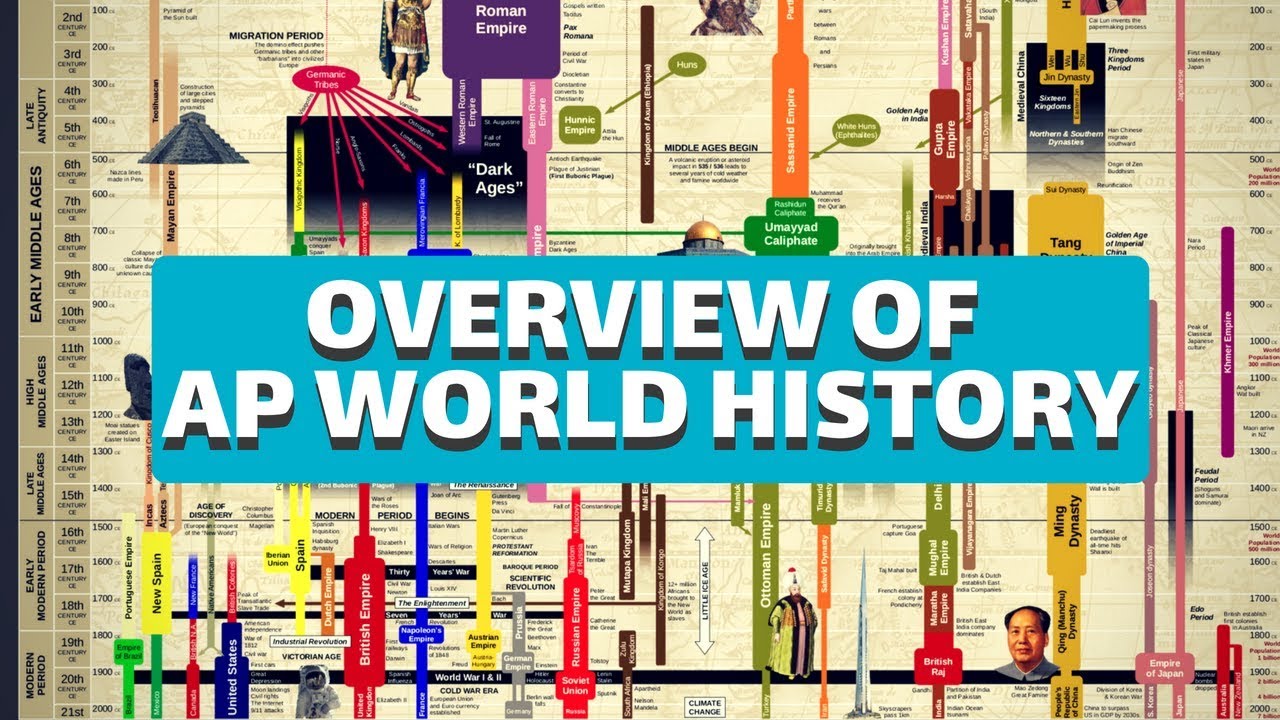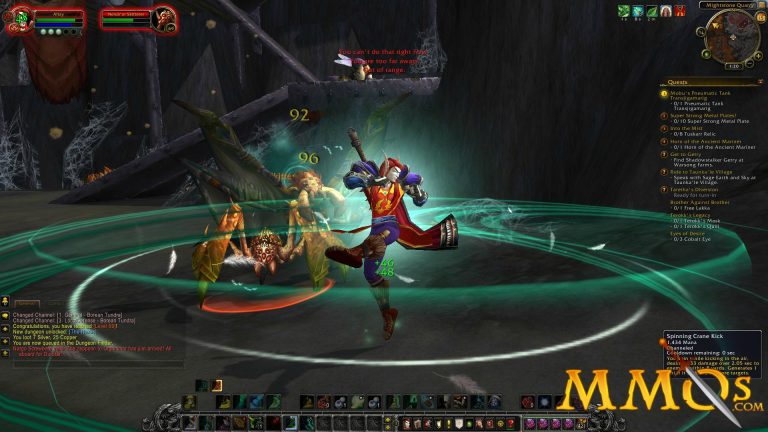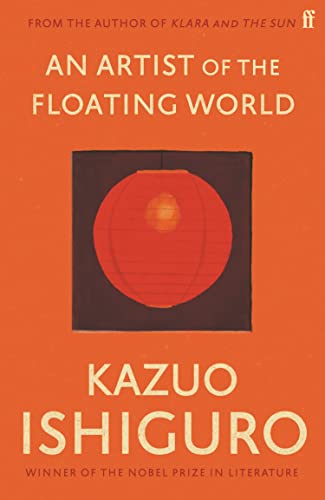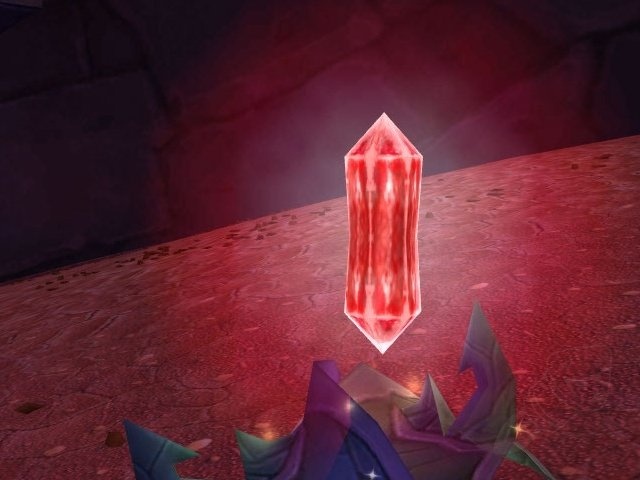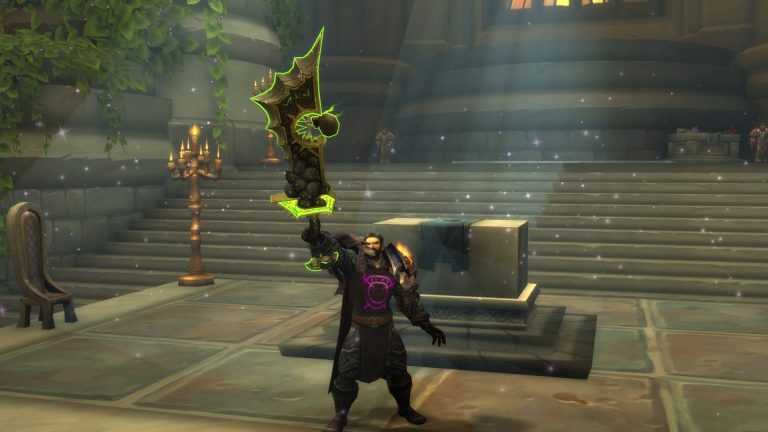An Overview Of World History
World history is a vast and complex subject that covers the full span of human experience. It includes the rise and fall of empires, the rise of civilization, the development of culture, and the exploration of science and technology. It also encompasses the history of warfare, the development of literature and philosophy, and the evolution of religion. In essence, world history is a comprehensive study of the history of humanity from its earliest beginnings to the present day. Through an examination of the past, we can gain insight into how our world has changed over time and how we can use this knowledge to shape our future.
Ancient History: Early Civilizations and Empires
The past of our world is one filled with remarkable stories and fascinating events, from the earliest civilizations to the formation of powerful empires. Ancient history is the study of the various cultures and societies that existed during the time from the earliest humans to the fall of the Western Roman Empire in 476 AD. While each civilization had its own unique history, they all shared a common set of characteristics. Early civilizations developed complex political systems, advanced art and architecture, and developed trade networks. As civilizations developed, they also encountered and interacted with each other. This led to the formation of empires, such as the Persian, Chinese, and Roman empires. These powerful empires had a major impact on the development of the world, establishing common systems of language, religion, and government. Ancient history is a vast subject and even today, new discoveries are being made. Understanding the past can give us insight into the present and help us shape a better future.
The Rise of Religion and Philosophy
Religion and philosophy have been integral components of world history since the dawn of civilization. Throughout history, religion and philosophy have been intertwined, influencing and informing each other in a variety of ways. Today, religious and philosophical beliefs still shape how we view and interact with the world.
From the earliest of societies, religion and philosophy have been inseparable. Ancient Mesopotamian and Egyptian cultures believed in a pantheon of gods and goddesses, while the Greeks and Romans developed their own religious and philosophical systems. Ancient Chinese religions such as Taoism and Confucianism were heavily influenced by philosophy, and Hinduism and Buddhism emerged in India.
In the Middle Ages, the Christian Church was a dominant force in Europe, and the Islamic religion was spreading in the Middle East. At the same time, the ancient Greek philosophy of Aristotle, Plato, and Socrates was gaining traction in Islamic and Christian cultures.
Religious and philosophical systems have continued to evolve throughout the centuries. The Protestant Reformation challenged Catholicism, while the Enlightenment and Age of Reason provided the foundation for modern science and the Industrial Revolution. In the twentieth century, movements such as existentialism and postmodernism emerged, and religious beliefs such as Buddhism and Islam experienced a resurgence.
Religion and philosophy have always been integral to world history, influencing how we perceive the world, and how we interact with it. As we continue to explore the past and the present, these two essential components of the human experience remain a vital part of our understanding of the world.
The Middle Ages: Feudalism, Monarchy, and the Crusades
The Middle Ages were a period of significant upheaval and change in the world of European history. Feudalism was the main political system of the time, and it was characterized by a decentralized power structure, with lords and vassals ruling over their fiefs. Monarchy was also a major feature of the period, with kings and queens ruling over entire nations. Additionally, the Crusades were a major event of the Middle Ages, and they saw Christians attempting to reclaim the Holy Land from the Muslims. All of these events had a lasting impact on the world, and their consequences can still be felt today. In many ways, the Middle Ages was a crucial period of world history, and without understanding it, we cannot fully understand the present state of the world.
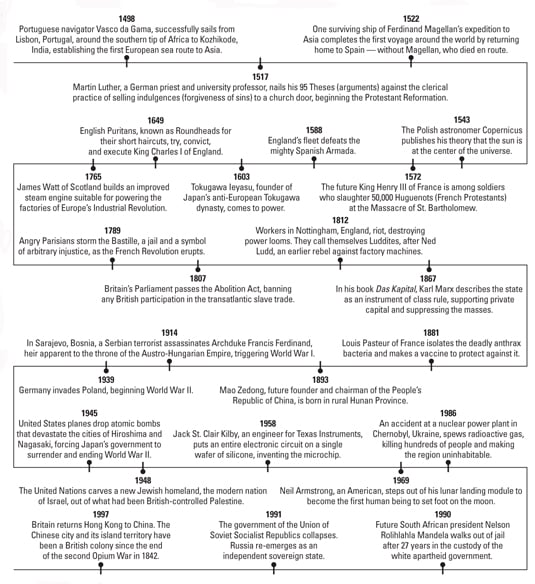
The Renaissance and the Age of Exploration
The Renaissance and the Age of Exploration ushered in a new era of global awareness and discovery. From the 15th to the 18th centuries, European explorers ventured across the seas, discovering and colonizing new lands. This period saw the rise of renowned explorers such as Christopher Columbus, Vasco da Gama, and Ferdinand Magellan, who opened up the world to new trade routes, languages, and cultures. The Renaissance also marked a period of great artistic and scientific advancement, with the invention of printing, the discovery of the heliocentric solar system, and the development of theories of humanism. It was during this time that the foundations of modern science, mathematics, and medicine were laid, paving the way for a more enlightened world. In addition, the Renaissance and the Age of Exploration also saw the rise of powerful new monarchies and empires, as well as the rise of the Protestant Reformation, which forever changed the religious landscape of Europe. Thus, the Renaissance and the Age of Exploration were pivotal in setting the stage for the modern world.
The Age of Revolution and the Industrial Revolution
The Age of Revolution and the Industrial Revolution were two of the most significant events in the history of humanity. Both of these events had a profound impact on the development of the modern world. The Age of Revolution, which began in the late 18th century, saw the world become a much more democratic and equal place, with many of the world’s major powers becoming democracies. This period also saw the rise of many of the world’s major religions, as well as the birth of the American and French Revolutions. The Industrial Revolution, which began in the 19th century, saw the world become much more industrialized, with the introduction of machines and technology. This period saw a massive increase in population, with the world’s population almost doubling in the span of a few decades. Both of these events had a major impact on the modern world and helped shape it into what it is today.
The Modern Era: Globalization and World Wars
The Modern Era marks a time of unprecedented change, with globalization and world wars defining the period. With the world becoming increasingly interconnected, the span of history has become ever more complex. The period saw the rise of new nation-states, the spread of new ideologies, and the growth of global economics. It also witnessed the emergence of new forms of international cooperation, such as the League of Nations and the United Nations. The Modern Era also saw the world plunged into two global wars: World War I and World War II. These conflicts changed the course of history, leading to the establishment of new international organizations and the adoption of new forms of political and economic cooperation. They also saw the emergence of new technologies, such as nuclear power, and the development of new strategies for the conduct of war. In the wake of these conflicts, new economic and political systems emerged, leading to the establishment of the modern world order. As we look back on the Modern Era, we can appreciate the impact this period has had on the trajectory of world history.
FAQs About the An Overview Of World History
Q1: What is the scope of world history?
A1: World history is the study of the development of human societies across the globe from prehistory to the present day. It examines the interactions between cultures, economies, religions, and societies, and also considers the influence of environmental, technological, and political factors.
Q2: How is world history divided?
A2: World history is typically divided into several major epochs, such as the Ancient World, Middle Ages, Early Modern Era, and Modern Era. Within each of these periods, various events, civilizations, and political developments are studied to understand the development of the world.
Q3: What topics are covered in a world history course?
A3: A world history course will cover a broad range of topics, including the rise and fall of empires, cultural exchanges, the development of religions, the impact of war and political revolutions, the role of technology, and the spread of trade and commerce. In addition, topics such as gender roles, race, and social justice may be discussed.
Conclusion
In conclusion, an overview of world history is an important topic to understand. It covers the development of civilizations and societies across the world, from the earliest times to the present day. It is essential for understanding the current state of the world and how it has changed over time. Despite the vastness of its subject matter, an overview of world history can provide valuable insight into the past and help us to understand the present.
